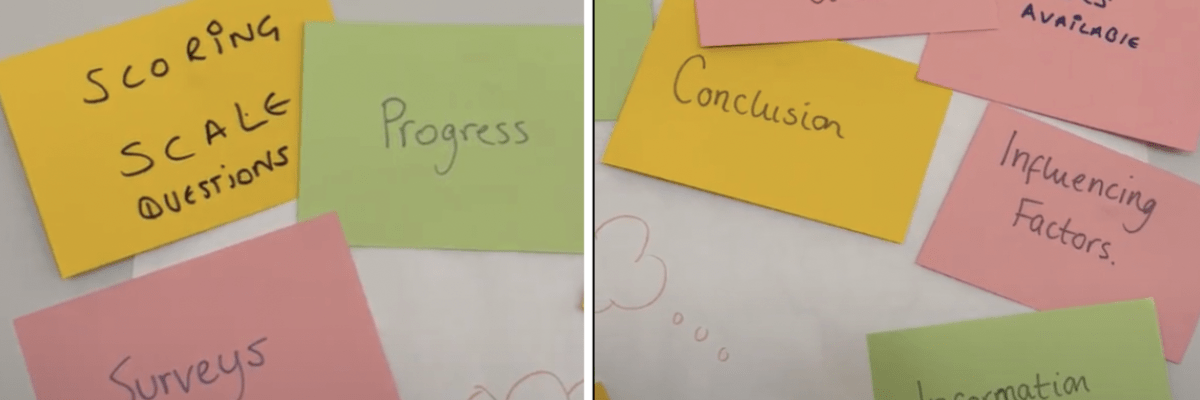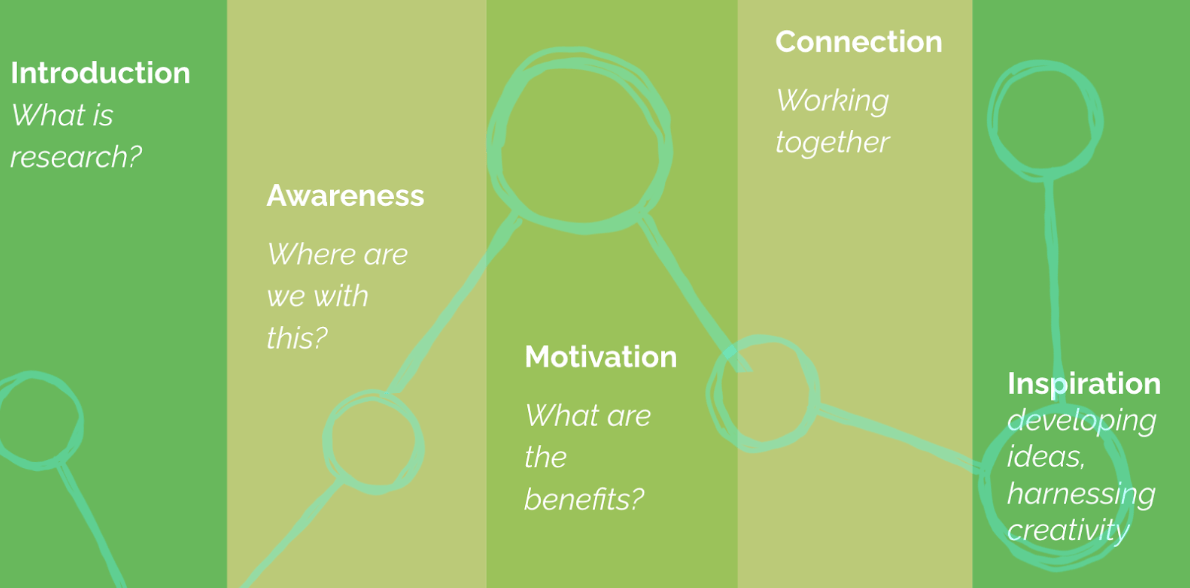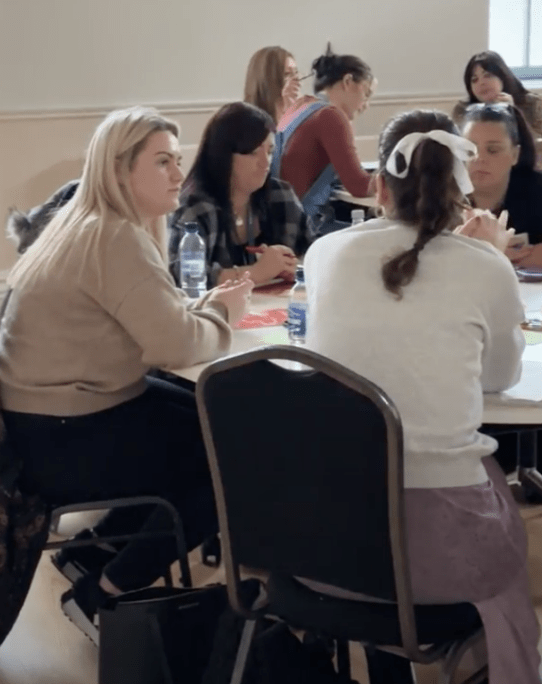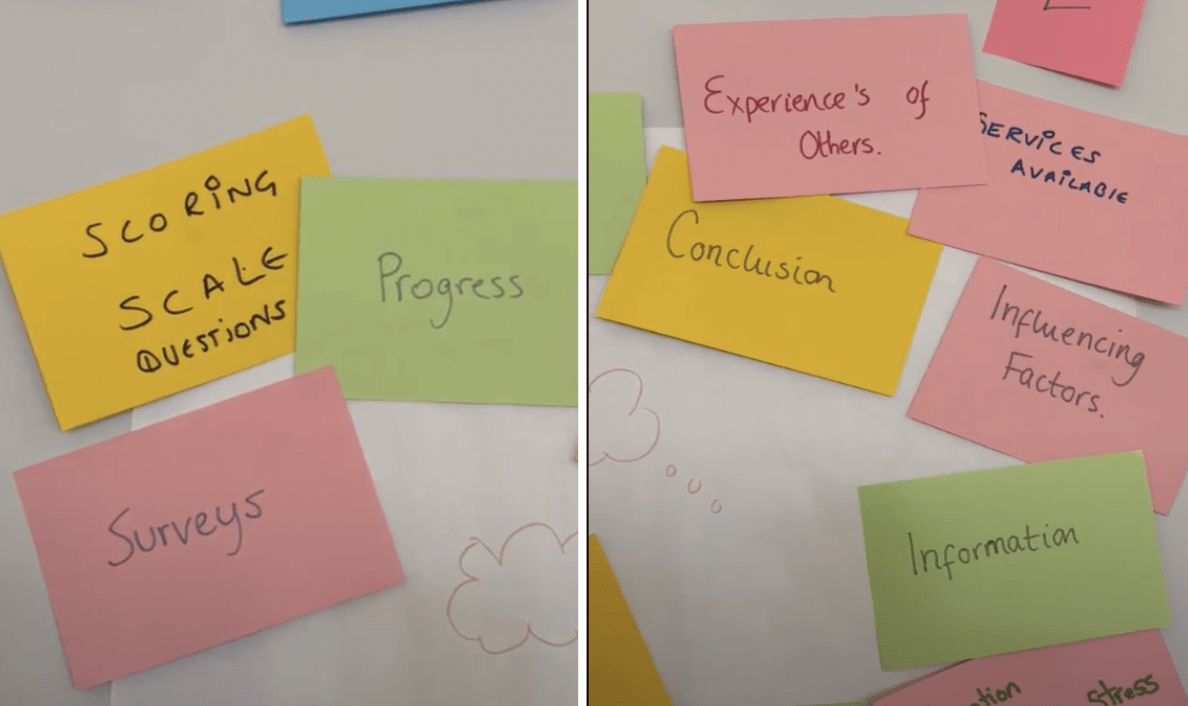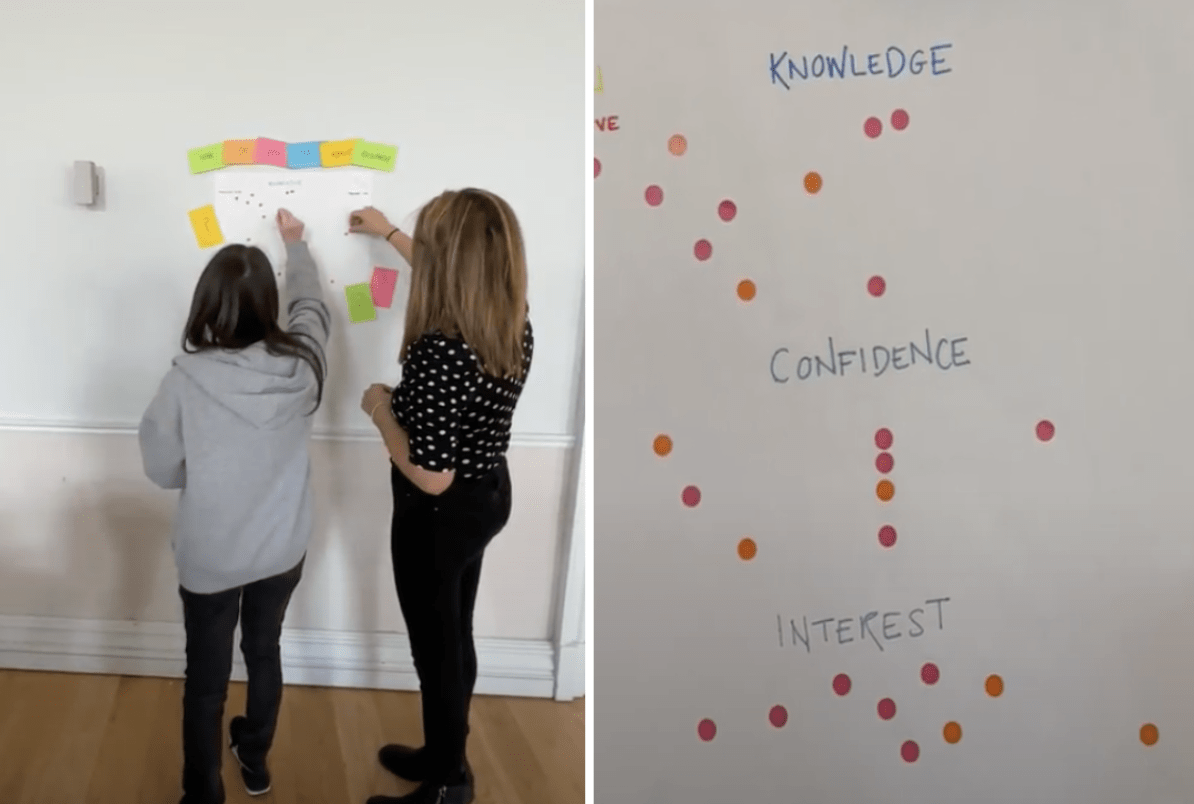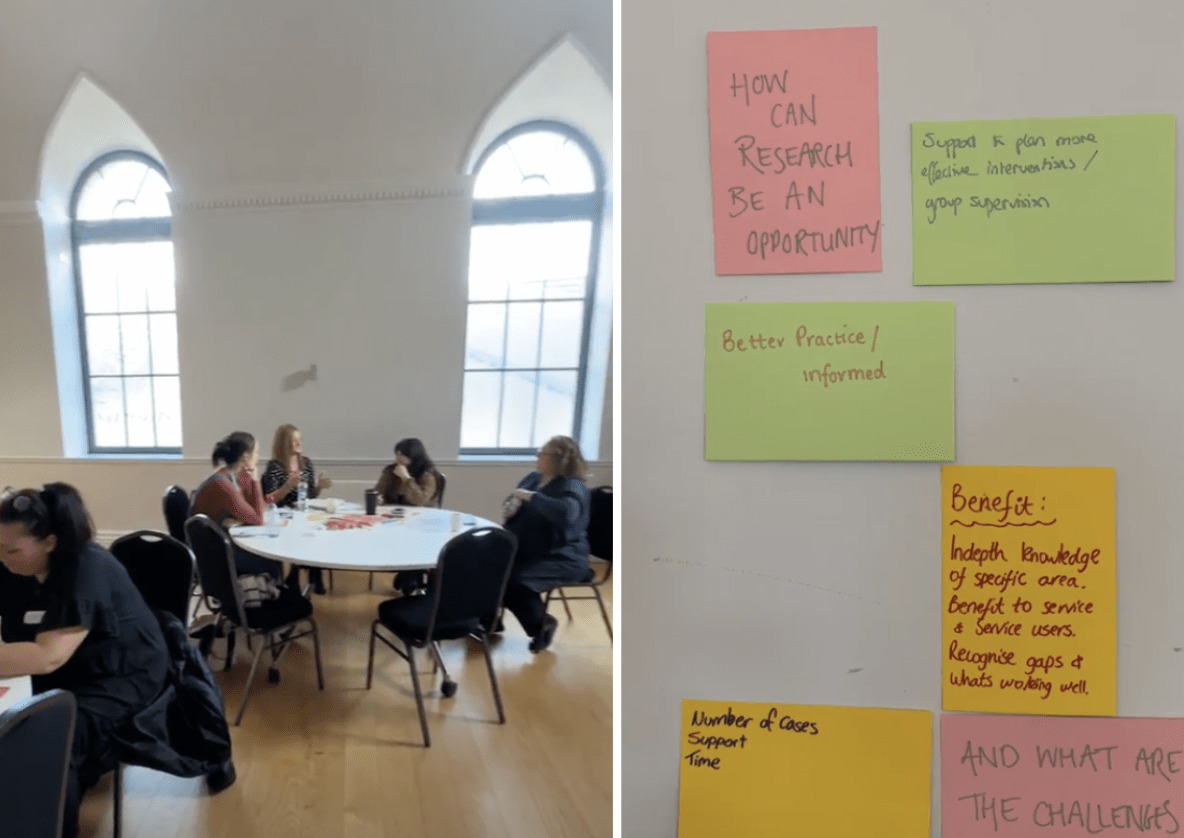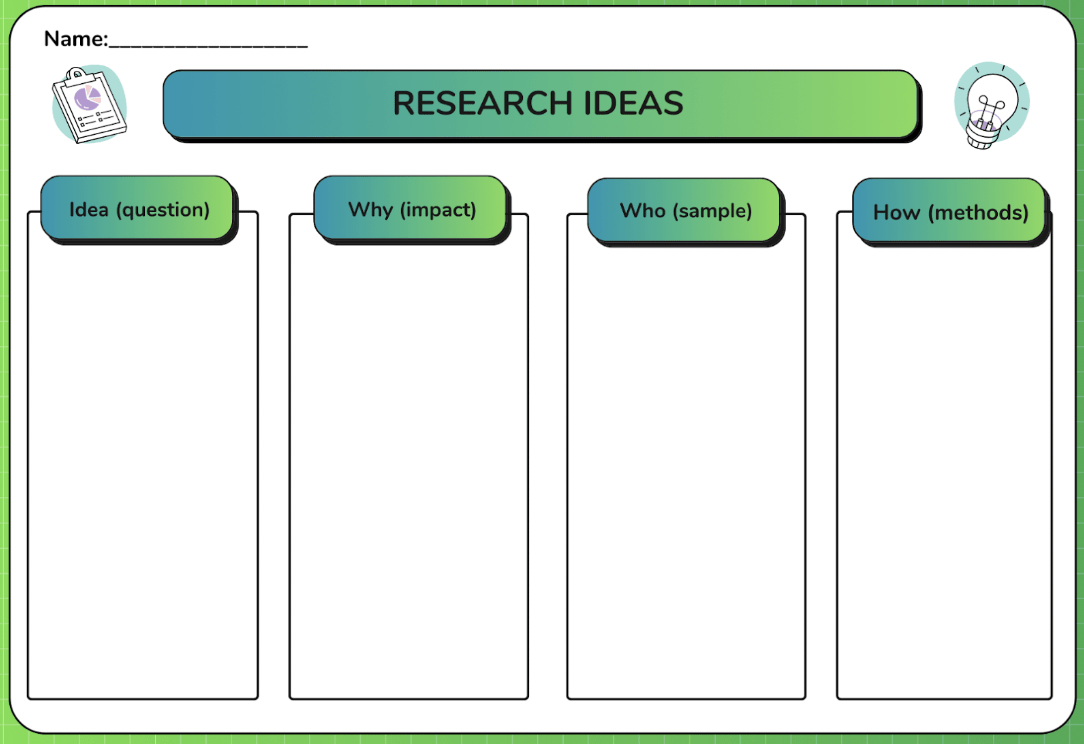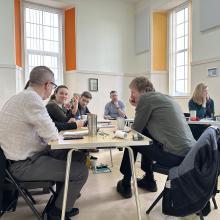Introduction
Iriss and North Ayrshire HSCP colleagues met in Saltcoats in early November for a workshop about practitioner research. We were joined by newly qualified and student social workers plus a Practice Teacher from the Learning and Development team.
Iriss is supporting other change work in the HSCP around commissioning and reimagining social work, plus we’ve led practitioner research projects before so we were delighted to run the session. We also took along copies of our Navigating Evidence tool that explores what evidence is and what is required to make good evidence-informed decisions.
Outcomes of the session focused on:
Learning & Development Strategy
The session opened with an introduction to the recently published Learning and Development Strategy for North Ayrshire HSCP, which outlines the ambitions for practitioner research. Practitioners will be supported to undertake research during their first year of qualified practice and share learning through a Practitioner Research and Practice Forum.
Where are you?
In our work, we want to find out where people are so we can start there and not make assumptions. So before we got into definitions and processes of research and practitioner research, we asked the group to discuss their experience and perceptions of research. We asked them to put one or two words down on card that came to mind when they thought of research and discuss in their groups. There were mixed responses. Some had conducted research for university dissertations. Others had very little or no experience. There were comments about feeling stressed by the idea of practitioner research, specifically related to capacity. Some were concerned about how to add this alongside their practice.
We then asked if they could indicate, using sticky dots, where they felt they were in terms of knowledge, confidence and interest around research. This created a visual to inform us and to revisit later in the session. Overall, the group put themselves at the lower end of knowledge but in the middle for confidence and interest.
What is research and practitioner research?
We outlined these concepts and the steps that a research process typically goes through. We spent some time discussing ethical considerations in research and reflected on the alignment of ethics and the social work role.
We focused some time on connecting to the purpose of practitioner research to support motivation and understand the rationale for it. We discussed how well-placed practitioners are to see the real issues and barriers that impact supported people and how practitioner research can create evidence to inform local decision-making and solutions. We recognised that practitioner research could help bridge the well-documented gap between research and practice. We explored the benefits (reflective practice, professional development, knowledge sharing, integration of practice and research), the barriers (limited resources, time constraints, need for training in research methods) and the idea of evidence-informed practice. We also highlighted that having academic partners as part of the process, like we did in the PROP and PROP2 projects, can help alleviate some of the barriers.
What excites you? Who might benefit? What are your challenges?
Groups then discussed benefits and challenges in their local context and how these might be addressed. Benefits seemed easy to identify and focused on ways to improve outcomes for supported people. Challenges centred around capacity, time and skills.
What do you want to know?
The next activity asked groups to focus on gaps - what were they seeing in practice that they wanted to know more about? This aimed to link the idea of research and enquiry closely to practice. We designed a worksheet to help support practitioners to think through the high level components of their research ideas.
The practitioners had lots of ideas and were able to clearly connect research to impact. Their individual practice experience was clear in their ideas for research areas, which drew on their curiosity about problems they noticed in their day to day work. This helped to underline how important practitioner perspectives are in identifying relevant areas for research; and for research that can meaningfully impact practice.
Next steps
This was a really positive session and gave newly qualified and student social workers the space to explore practitioner research before it gets started. They were supported to identify potential research ideas and to recognise benefits and challenges. We look forward to supporting them further as the practitioner research practice programme and forum take shape.
